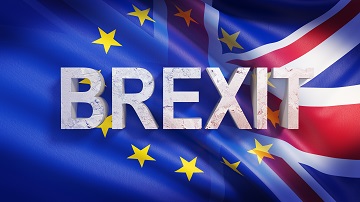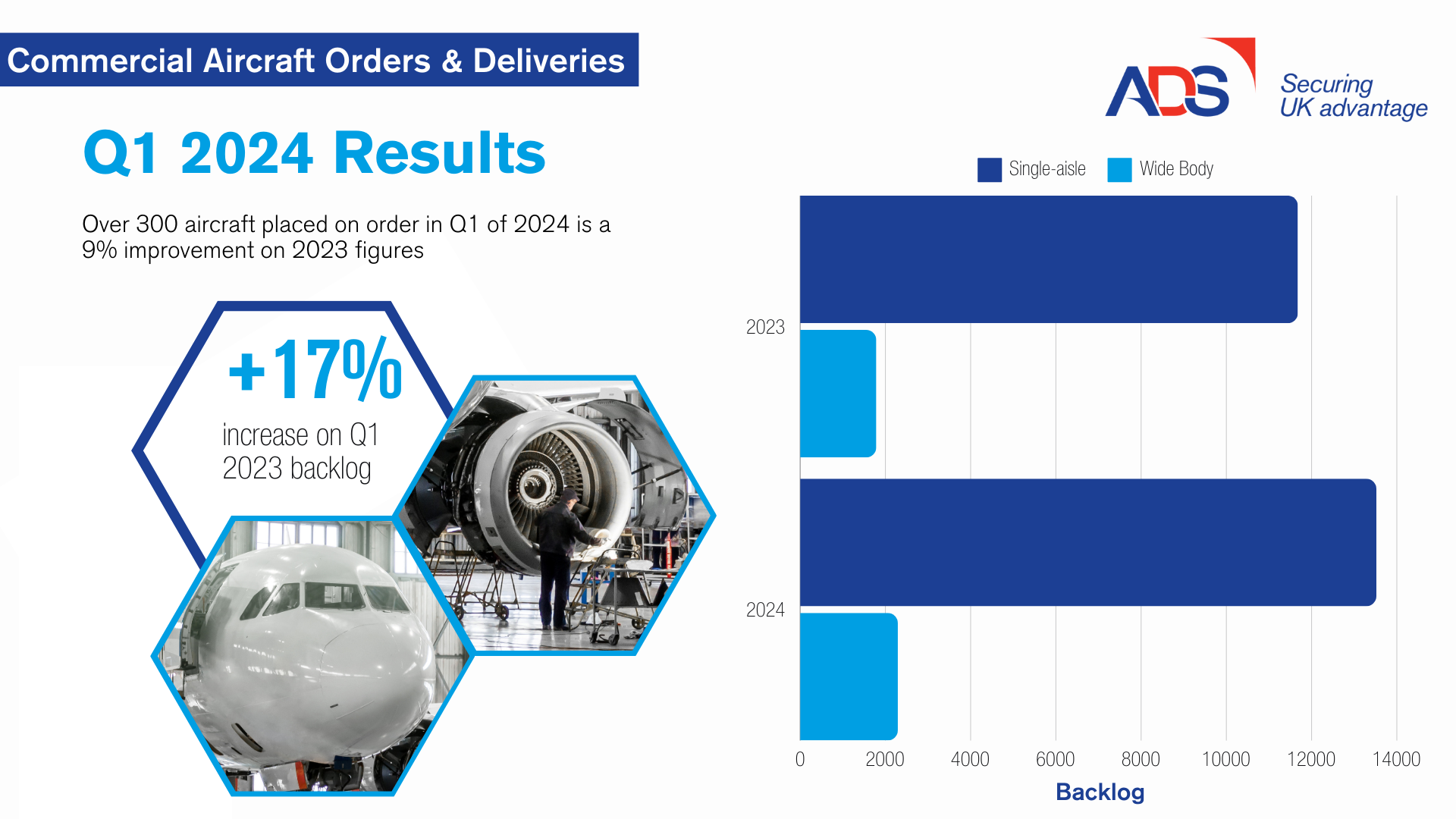
Negotiations between the UK and EU on their future relationship after the transition period ends on 31 December have faced a bumpy ride recently. Boris Johnson’s 15 October deadline for a deal came and went and talks were halted after the subsequent European Council meeting, where the EU’s heads of government meet.
Intensive negotiations have resumed this week after the EU agreed to discuss the legal texts.
Status of the negotiations – Last week of October 2020
The lack of significant leaks over the past few days is positive as it means focus is on resolving the issues at hand. The tone of any noise at this stage seems cautiously optimistic that a deal is still possible.
Sticking points
Reports have suggested that one of the key sticking points, agreement on a competitive level playing field, is currently being discussed. There are reportedly further discussions taking place on fisheries and how the agreements made will be subsequently enforced.
Political Positioning
Politics is key to understanding the nature of the negotiations. The level playing field is controversial because the UK wants to be free from EU rules and be able to support its industries, such as through state aid. The EU does not want to grant a near neighbour the ability to compete in ways it considers unfair. Fishing is particularly fraught, not because it has a uniquely high economic value to any party but because it is tied up in domestic politics on both sides of the English Channel and it is highly symbolic.
Part of the prevailing uncertainty for industry is the EU’s priority to agree everything or nothing, rather than consider bespoke arrangements for specific areas. This is because they do not want to set a precedent for countries ‘cherrypicking’ aspects of EU membership they like.
What next?
After 3 November, if differences between the parties are seen as bridgeable, the mantle will shift to Boris Johnson and European Commission President Ursula von der Leyen to secure a final agreement. Mid-November is the broadly accepted deadline for a final deal to be struck in time, as both the European and UK Parliaments are required to vote on any agreement.
What this means for ADS members
Unfortunately, this means that there are several areas important to ADS sectors where clarity is lacking. ADS members can view these on our risk register, which highlights the major issues ADS is urgently seeking clarity on. This includes aviation safety, where the nature of the bilateral agreement is still under negotiation. Similarly, on chemical regulations there remain questions on the sharing of data between the UK and EU, and the status of EU chemical regulations in Northern Ireland. Indeed, Northern Ireland remains the centre of much uncertainty, notably over border arrangements.
What can members do?
This ambiguity notwithstanding, there are actions businesses should be taking to prepare for the end of the transition period no matter the outcome of negotiations. These are detailed on the ADS Brexit Hub, along with updates on the negotiations and information on future trade agreements.





